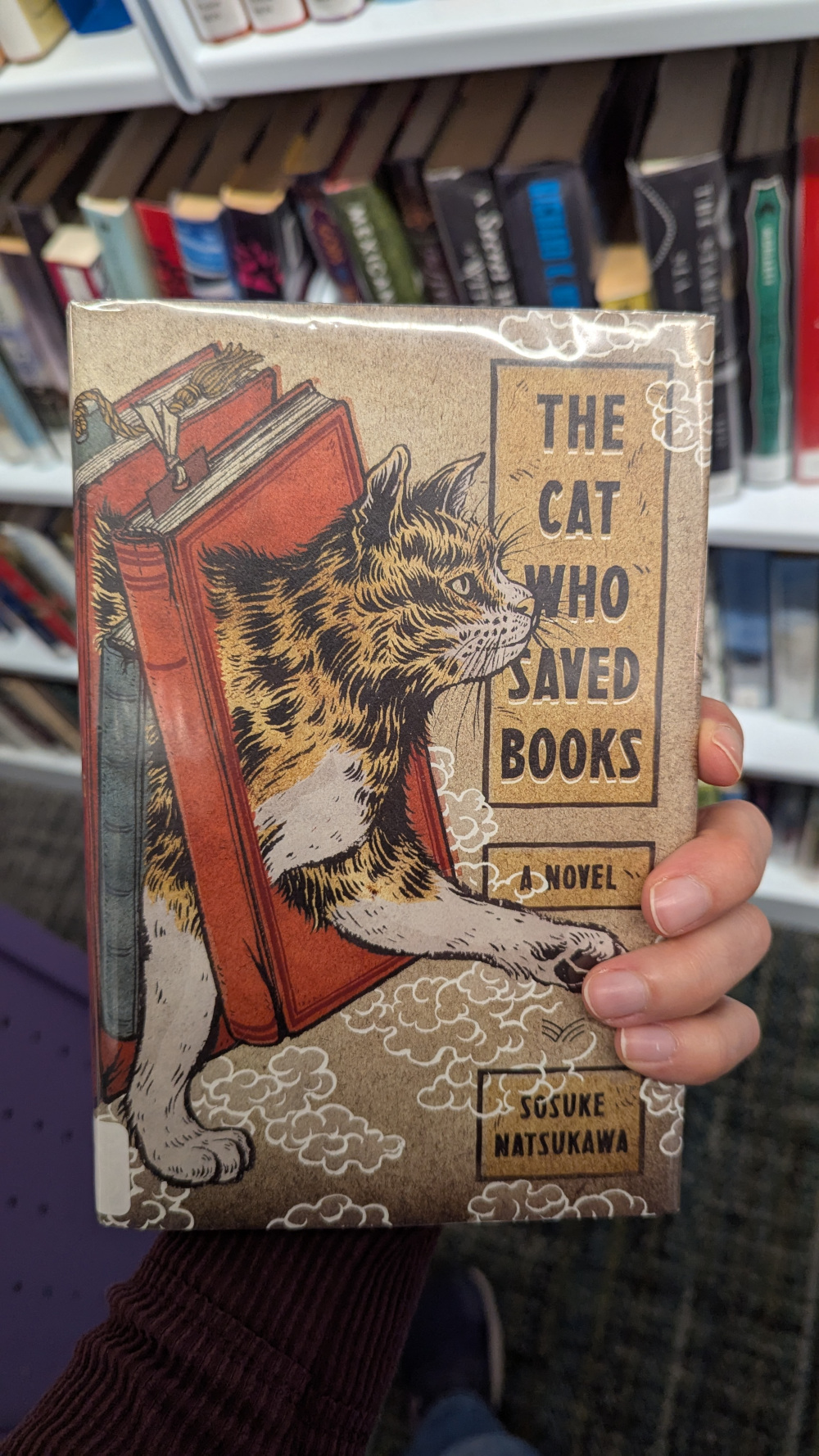A public library in Ohio is celebrating the life of one of its most loyal patrons, a retired social worker named Dan Pelzer.
Activity tagged "libraries"
Created by a team affiliated with Brick House publishing cooperative, a platform known as Briet is inviting publishers to sell rather than license their e-books to libraries, and several independent publishers are on board.
NYC, 1919: Perched on a towering pile of donated books, a librarian calls from a megaphone to request more book donations for American troops stationed in France. The American Library Association’s campaign sent up to 55,000 books each month to military camp libraries.
(via Library of Congress)
"I don't like them. I wouldn't read them. I'll be honest I've read the reviews on some of them…" With these words at a public meeting, Tennessee's Rutherford County School Board member Stan Vaught admitted to banning books he hadn't read — a revelation that kicked off a federal lawsuit. According to the complaint, board members relied primarily on BookLooks.org, a website connected to the Hitler-quoting group Moms for Liberty, instead of reading the books themselves or considering their literary merit. The board repeatedly overruled their own librarians' recommendations to keep books like Toni Morrison's Beloved and Margaret Atwood's The Testaments, and Ernest Cline' Ready Player One because it has "characters discussing beliefs that heaven and god are not real."
The lawsuit, filed yesterday in the U.S. District Court for the District of Columbia, argues that the administration’s recent actions—which include firing most IMLS staff, terminating grant programs, and effectively shutting down the organization’s operations—are both illegal and, separately, unconstitutional.
“Make no mistake about it, the elimination of funding for libraries is a political assault on First Amendment rights, access to information, and the freedom to read,” Schram told HuffPost. “It is a stark reminder of how easy it is for someone who has apparently never utilized the services that libraries provide, to deprive those who desperately need those services from accessing them,” she said.
nothing like the panic when your hold on an audiobook with a two week waitlist becomes available when you’re 12% into another one
quite relieved to discover that the library cloud lending error i was getting yesterday was due to an app outage and not my librarians deciding i needed to be cut off


